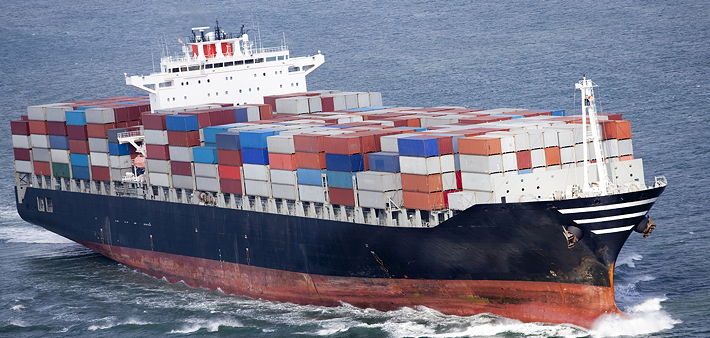Demand for animal protein and increasing wealth fuelled a tripling in the domestic production of livestock in China between 1980 and 2010, and the rise, despite some improvements in efficiencies at the farm level, had significant impacts on environmental sustainability, nationally and globally.
With this rise set to continue, an international team of researchers, including the University of Bristol Veterinary School, has now devised a blueprint to increase production efficiency and environmental performance through a “new transition” backed by an array of stakeholders.
Zhaohai Bai, an associate professor at the Centre for Agricultural Resources Research in the Institute of Genetic and Developmental Biology of the Chinese Academy of Sciences (CAS) and the team’s lead author, said: “China’s livestock transition is massive, in terms of its scale and speed.”
In China, the average meat, milk and egg consumption per capita increased by 3.9, 10 and 6.9 times from 1980 to 2010, more than anywhere else in the world. The livestock population grew from 142 to 441 million animals over the period, lifting the sector’s economic value almost 60-fold, and China became the world’s biggest livestock producer, ahead of the US and Europe.
At the farm level, the proportion of more nutrient efficient monogastric animals (pigs and poultry rather than ruminant animals, cattle and sheep) rose from 62% to 74%, and the number of landless (housed) industrial systems, which reduce the impact of greenhouse gas (GHG) emissions (at a product intensity level, or GHG emissions per unit of product) but limit sustainable production, rose 70-fold.
Lin Ma, the paper’s corresponding author, also at the CAS institute, added: “However, the costs of livestock transition are also large. Animal feed imports have increased 49 times, total ammonia and GHG emissions to the atmosphere doubled, and nitrogen losses to watercourses tripled.
Weak environmental standards, deregulation policies and subsidies, as high as Yuan 10 billion (£1 billion) a year since 2007, are blamed.
“This new transition must be induced by government, processing industry, consumers and retailers,” stressed Ma.




